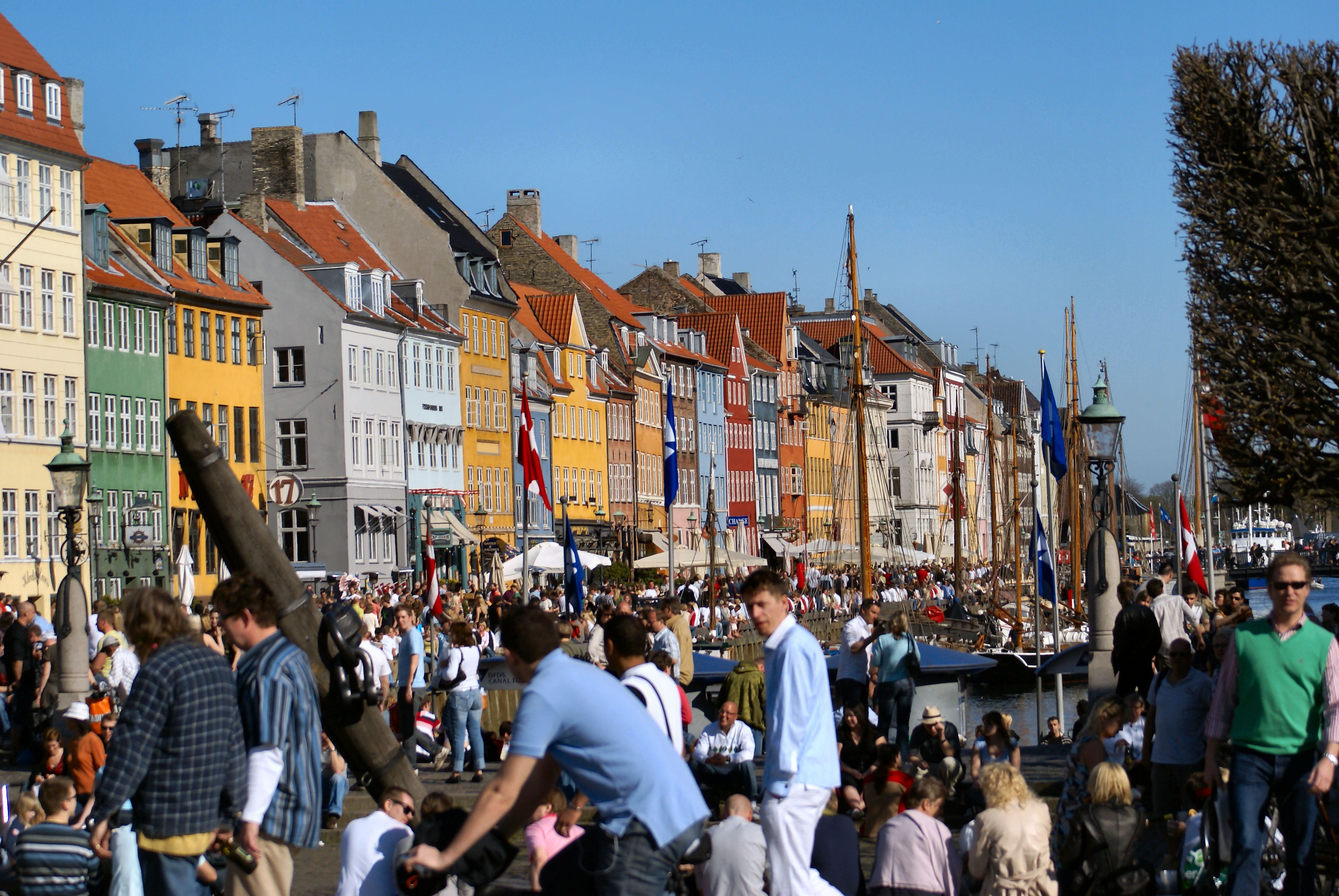Dom Kelly and his wife Dorte are perhaps the textbook example of a Danish expat family.
Dom, a gregarious, fun loving but tough-as-nails Irishman, met Dorte in Ireland, fell in love, got married, had three sons (Luke, 3, and 18-month-old twins Jake and Josh) and settled into a seemingly idyllic life in Vrå in northern Jutland.
Dom worked himself out of the requisite expat jobs as a bartender and musician in the pubs to become a truck driver and business owner. Dorte, along with her responsibilities as a mother, is a hardworking and respected teacher in Vrå.
In short, they were solid, salt-of-the-earth people who worked hard for what they had and expected nothing more from life than the honest fruits of their own labours.
Trouble in paradise
But despite the houseful of fun and craziness you might expect from their active brood, there was always an undercurrent of ‘something not quite right’ in the Kelly household.
Dorte, a non-smoker and otherwise perfectly healthy woman, always seemed to be laid low with one respiratory infection after another.
“I thought I had asthma, but the doctors never seemed to be sure,” she said.
Finally, a CT scan and subsequent examinations revealed a grim diagnosis: lung cancer.
“I took it quietly at the time and just started thinking about how we would get through it,” said Dorte.
By the time the tumour was biopsied, it was close to killing the young mother and wife. A serious infection nearly finished the job. “It was close,” she said.
An operation was carried out that removed most of one of her lungs.
The source of the problem
Meanwhile, back at home, the children and Dom had also had more than their fair share of infections, colds and lung problems.
“I am almost never sick,” Dom said. “But I also was hit with pneumonia.”
Dom had long had his suspicions, and while Dorte struggled to recover, it was discovered that their Vrå home was infested with mould – to such an extent that it cannot be repaired.
So, in the middle of perhaps the most trying times they have faced, the family was forced to find and move into a rental home.
“Once I found out about the mould, I knew we had to get out of the house right away,” said Dom. “Their health is more important than anything.”
Although the mould may not have been the direct cause of Dorte’s cancer, it most likely exacerbated the asthma and the pneumonia she has suffered from.
Leaving her home was nearly the final straw for Dorte.
“That is when it became almost too much,” she said. "The thing with the house is occupying my mind a lot more than the cancer, it just seems more urgent because this renting business is temporary and the thought of moving yet again is just not a thought I can bear. It would be awful for the kids especially the oldest who is already asking a lot of questions and trying to get his head around why we moved in the first place, away from our house…our home."
Mould kills
Mould in Danish homes and buildings is a serious health issue. Byggeriets Arbejdsmiljøbus, a consulting resource for both builders and employees, warns that mould should be taken seriously.
“If workers encounter mould, we recommend that they stop working until they have suits and respirators,” said the consultants in a newsletter article. “The most dangerous moulds can permanently damage your health if they are inhaled.”
The Kellys – living, barely-breathing proof that the above is a fact – are now paying for two homes, one of which is uninhabitable and probably cannot be sold. Their insurance company refuses to cover the mould damage, which may be as much as 500,000 kroner.
SFI, the Danish National Centre for Social Research, has estimated that over half of young Danes between the ages of 15 and 19 years old have lived or are living in a place infested with at least one variety of mould.
Students looking for inexpensive housing often find themselves in mouldy places that could leave them with colds, asthma, pneumonia or, like in the case of Dorte Kelly, something potentially lethal.
Community support
The Kellys are proud, independent people. Dom, especially, has been uncomfortable with asking for or accepting help.
“This is just hard,” said Dorte.
Fortunately, those around the family have rallied past Dom’s natural Irish reticence to accept help and are trying to do what they can. A couple of Dorte’s fellow teachers, Stine Ammundsen and Karina Bay, have set up a collection at caremaker.dk with a goal to raise enough money for the family to repair their home.
Meanwhile, folk back in Dom’s hometown of Tallaght in Ireland are holding a pub quiz next month to raise money to help their native son and his family.
Ever stoic, Dom is determined to focus on the positive.
“We have been out of the house since 18 December, and Luke has almost had full attendance in kindergarten. His longest period there before was just over two weeks. We are all doing much better.”
Dorte, as she struggles to heal and take care of her family also remarkably finds a way to remain upbeat,
"I am feeling very hopeful for the future," she said. We might be holding the lousy end of the slippery stick regarding our finances and we have almost certainly lost out home but we still have each other and that is all that really matters when you think about it."
Mould
Every eighth Danish flat in 2008 had mould problems, according to the Danish Building Research Institute.
If a tenant caused the mould, it's their responsibility to get rid of it.
If a tenant did not cause the mould, it's the landlord's responsibility to get rid of it.
Buyers are advised to get 'change of ownership' insurance in case their new proprety has unseen mould.
The insurance might enable them to get compensation.
However, as of January 2014, only 11 of 189 complains of mould to the Insurance Complaints Board successfully won compenstaion.
The Ministryof Housing, Urban and Rural Affairs has two English.language information folders called 'Do you have mould in your rented property?'











